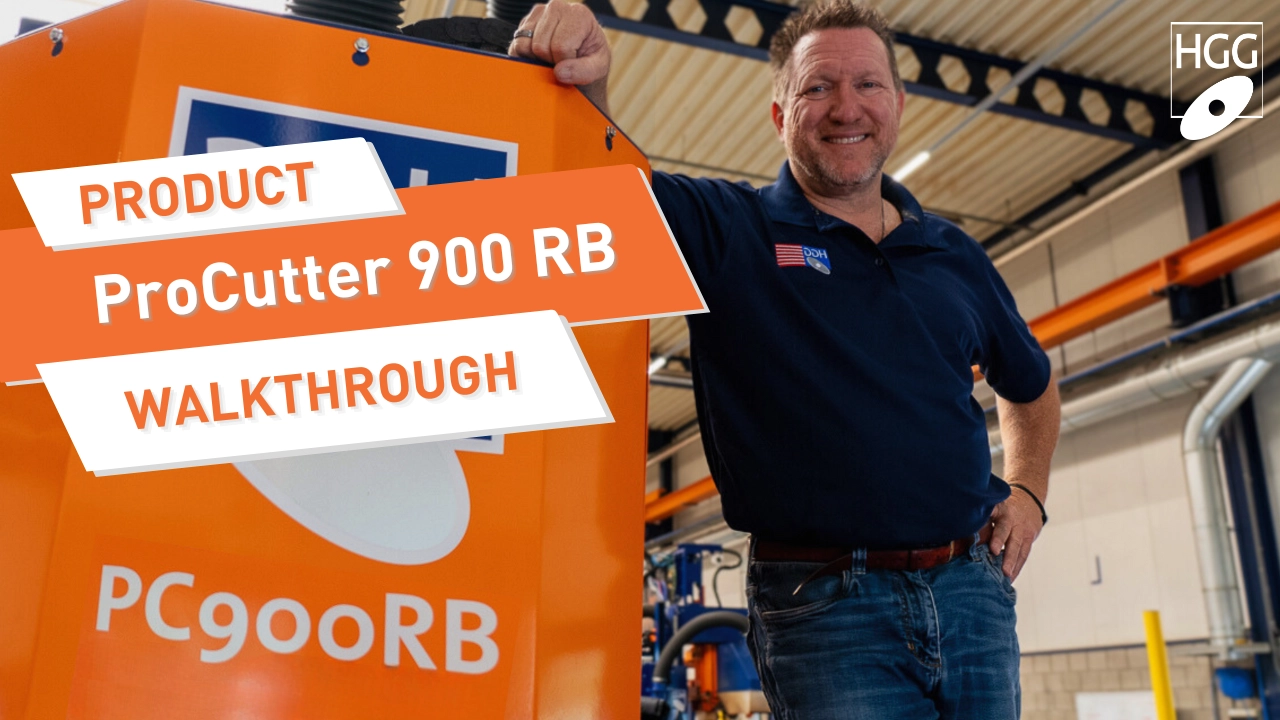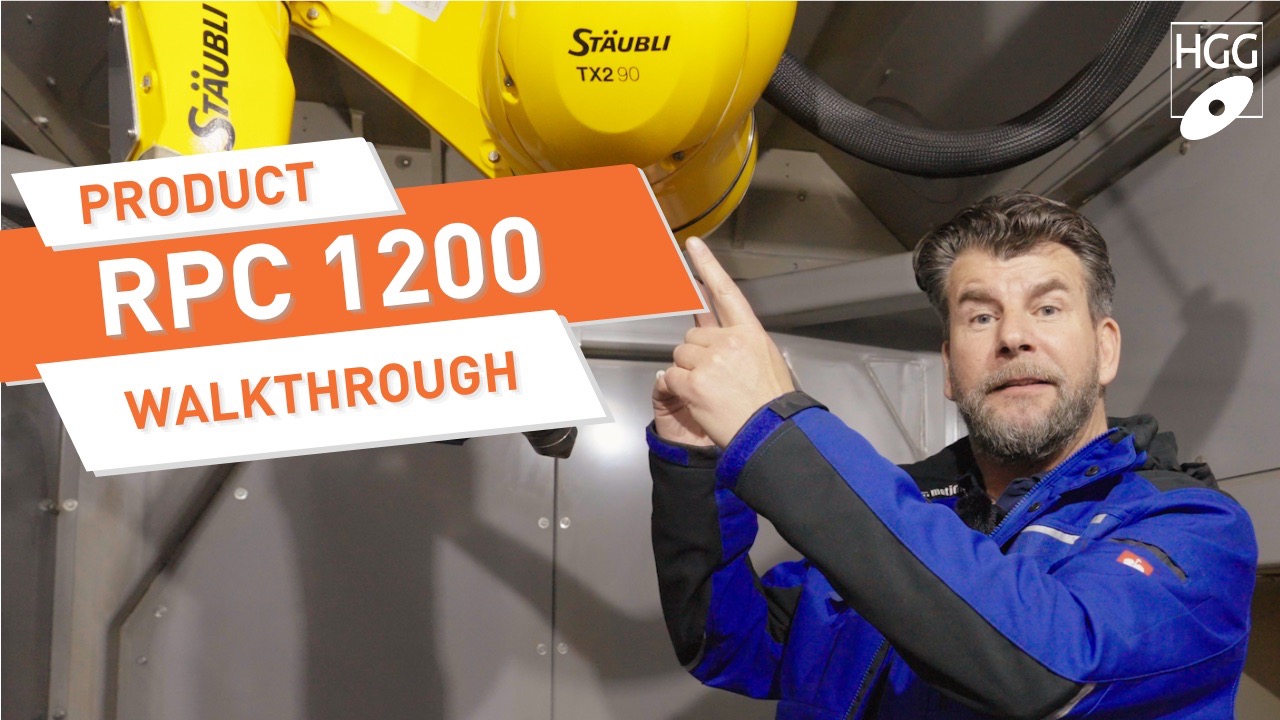Laser cutting machines are extremely fast and accurate computer-controlled cutting machines, providing a myriad of benefits to a wide range of fabricators who cut metal plate, sheet as well as pipe. In many cases, they are your best option. In other cases, and especially with respect to cutting and fabricating pipe, plasma might be the better option.
In this article, we will explore the advantages of laser cutting in general, as well as with respect to pipe. We’ll also provide an answer where the laser cutting process still makes a lot of sense, detail some of its boundaries, and present a case for purchasing a plasma cutting machine, and why it might be your better option. Armed with the facts, you can make a better-informed decision.
Cutting with the speed of light
A laser is a source of electromagnetic radiation that emits light in an almost parallel beam. The intensity of the beam is so large that it melts and vaporizes material, so that very narrow and precise cuts result. This is especially beneficial when cutting thinner gage flat plate metal and sheet. Laser pipe cutting machines are also equipped with computer-controlled programming that determines how and where the interface is integrated with the material. While laser pipe cutting machines often provide great benefits, they have their limitations:
When to consider laser?
- Laser cutting is an extremely accurate cutting technique.
- Limited risk of material deformation because of the small heat-affected zone.
- Laser cutting is a very fast and very productive cutting process.
- Laser cutting machines are computer-controlled machines with a high level of automation, which limit the need for operator interface – unmanned systems.
- Laser cutting accuracy and precision produce very narrow kerf, providing closer nesting of parts, resulting in minimum material waste.
- Laser cutting machines cut without generating noxious fumes.
The boundaries of working with laser
While laser cutting machines may provide a fast, versatile and accurate way to cut pipe, flat plate and sheet, there are limitations:
- Laser cutting is typically used for thinner materials, although some machine configurations can cut pipes up to 32 mm thickness.
- Laser cutting is typically used for cutting without bevels. Consequently, many laser cutting machines either do not have bevel cutting capabilities or the capability is not a primary focus.
- Laser cutting machines are extremely expensive, making the investment high enough so that running only one production shift is not nearly enough for fabricators to realize a speedy return on their investment (ROI).
- Laser cutting machines are becoming more and more common and there are more and more job shops with laser cutting machines in any given manufacturing area. Consequently, the market is becoming more competitive, resulting in lower outsourcing costs, which in-turn makes the return on any purchase investment that much more difficult to pay back.
- Laser cutting machine costs are relatively high because of the following:
- High costs to purchase the laser cutting machine.
- Higher energy consumption.
- Higher operating costs.
- While productivity on thinner materials may be extremely high, laser cutting becomes less effective as the material thickness increases.
- Laser cutting machinery typically requires personnel with a higher level of technical and professional capability to perform maintenance work that is typically more complex.
Conclusion
Laser cutting technology is best suited when you need extremely fast and accurate plate and sheet cutting, or if you cut and fabricate thin-walled pipe material. If you need to cut pipes with larger wall thicknesses and want to take advantage of a lower priced automation solution, then plasma pipe cutting machines provide a more cost-effective alternative and solution.
Plasma pipe cutting machinery provide a fast, accurate and less expensive alternative than laser pipe cutting machinery. Beveling is a primary feature and focus. By integrating the most recent advances in high-definition plasma, accuracy is much improved. Finally, with respect to plasma smoke, HGG plasma machine installations incorporate a system that captures and safely eliminates noxious fumes.






